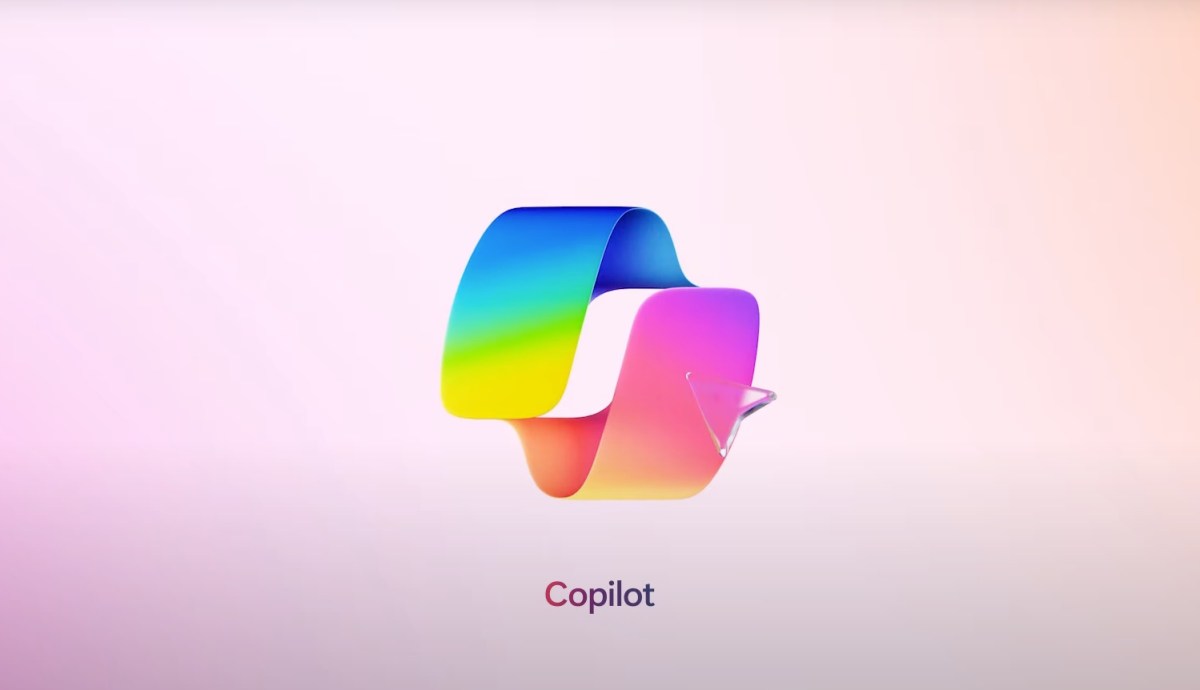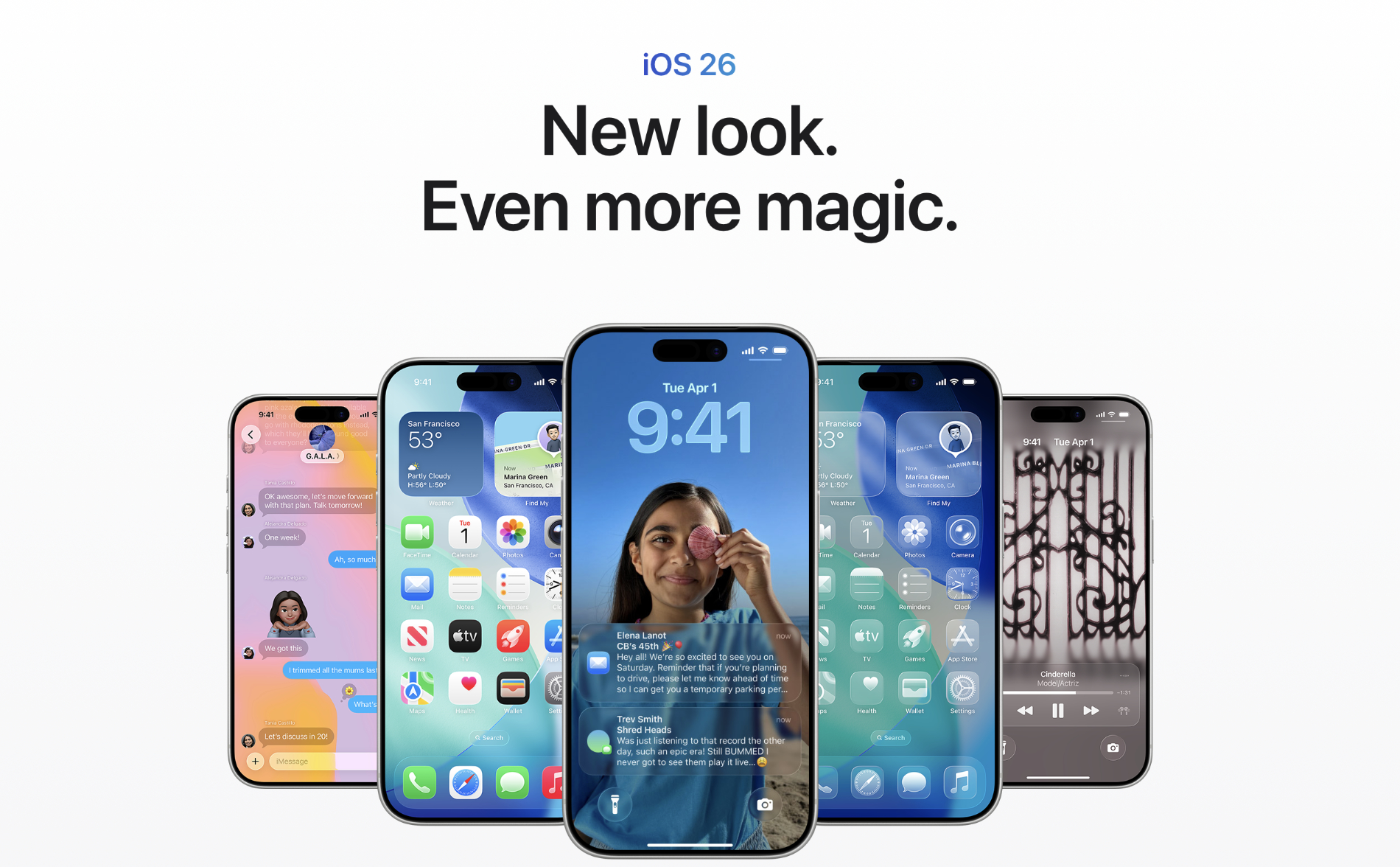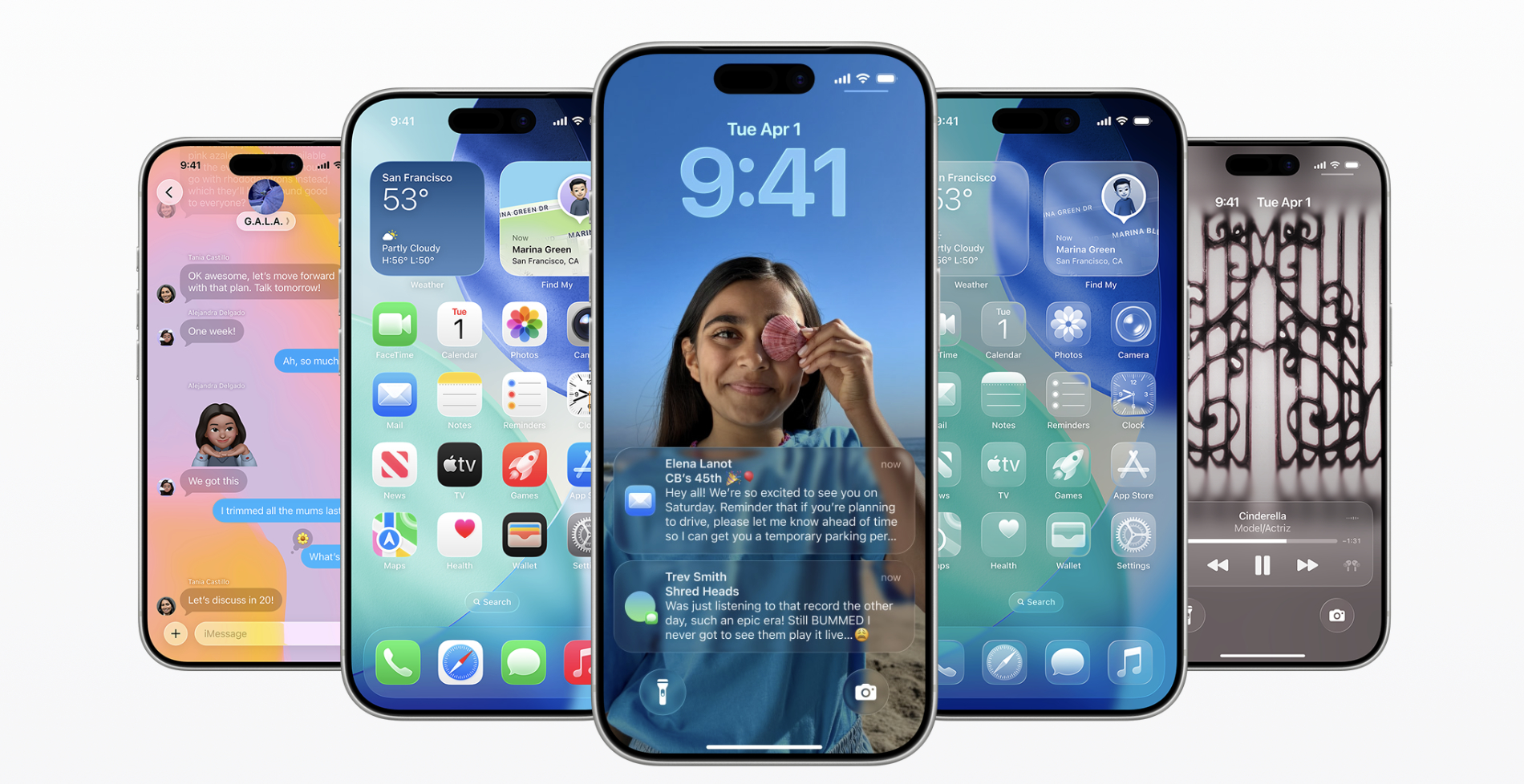
Microsoft has launched its answer to Google’s AI-powered search experiences: Bing generative search.
On the heels of a pilot in July, Bing generative search — albeit still under development — began rolling out to all U.S. users this morning. The easiest way to invoke it is by searching “Bing generative search” on Bing; Microsoft also said it is introducing an option to more easily trigger Bing generative search for “informational queries.”
Underpinned by a mix of AI models, Bing generative search aggregates information from around the web to generate a summary in response to search queries. For example, when a user searches “What’s a spaghetti western?” Bing generative search will show a summary of the genre’s history and examples, along with links to sources.
As with Google’s similar AI Overviews feature, there’s an option to dismiss AI-generated summaries for traditional search results from the search page.
Bing generative search does more than just find an answer. “It understands the search query, reviews millions of sources of information, dynamically matches content, and generates search results in a new AI-generated layout to fulfill the intent of the user’s query more effectively,” Microsoft wrote in a blog post.

Microsoft insists that Bing generative search, which evolves the AI-generated chat answers it launched on Bing in February 2023, fulfills the intent of users’ queries more reliably. But much has been written about AI-generated search results going wrong.
Google’s AI Overviews infamously suggested putting glue on a pizza. Arc Search told one reporter that cut-off toes will eventually grow back. Genspark recommends a few weapons that might be used to kill someone. And Perplexity ripped off articles written by outlets such as CNBC, Bloomberg, and Forbes without giving credit or attribution.
AI-generated overviews threaten to cannibalize traffic to the sites from which they source their information. Indeed, they already are, with one study finding that Google’s AI Overviews could negatively affect about 25% of publisher traffic because Overviews de-emphasizes article links.
Microsoft promised in July that it would “look closely at how generative search impacts traffic to publishers,” and said that it had preliminary data that Bing generative search “[maintained] the number of clicks to websites.” But the company shared no new information on that research today.
Of course, any changes to the Bing experience are guaranteed to be less impactful than Google’s moves, given Google’s enormous search market advantage. According to Statista, Google had an 81.95% share of the global search market as of September 2024 versus Bing’s 10.51%.






